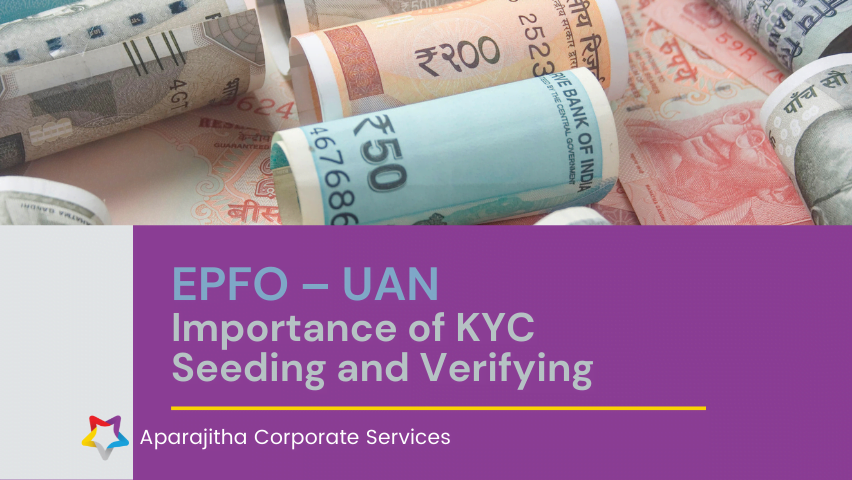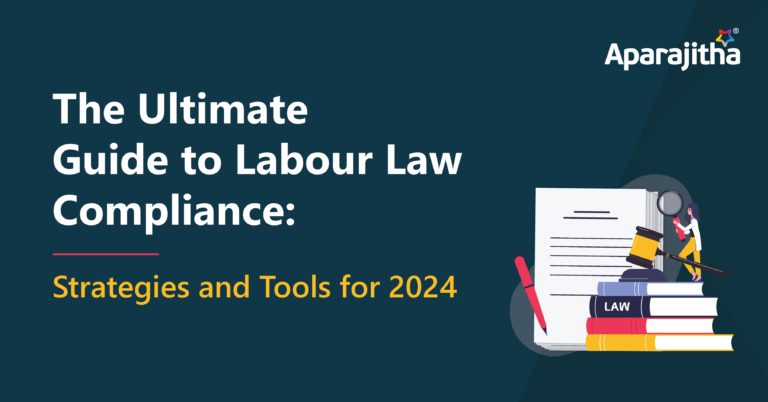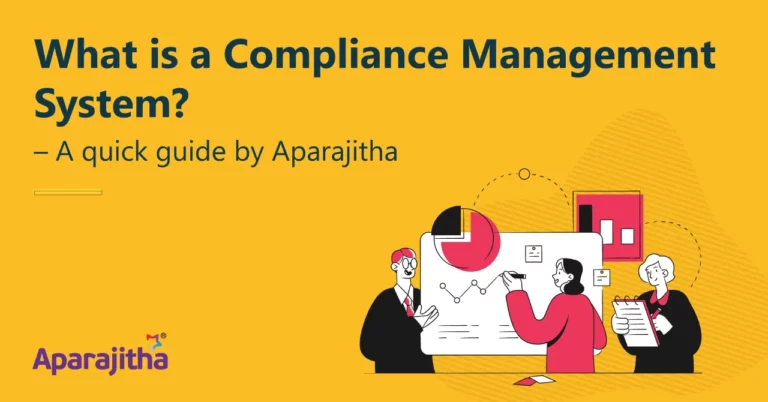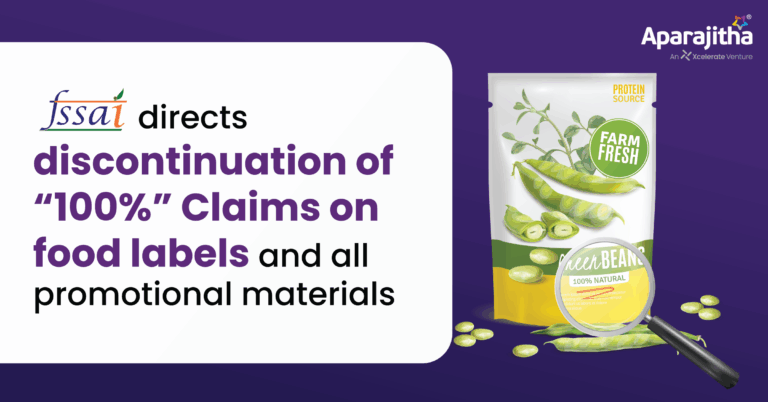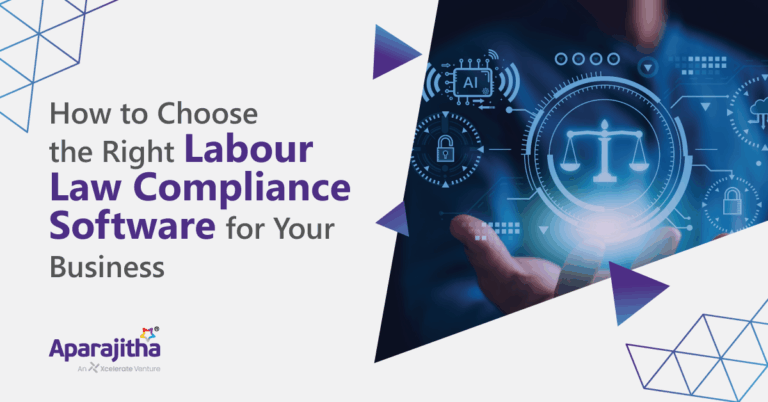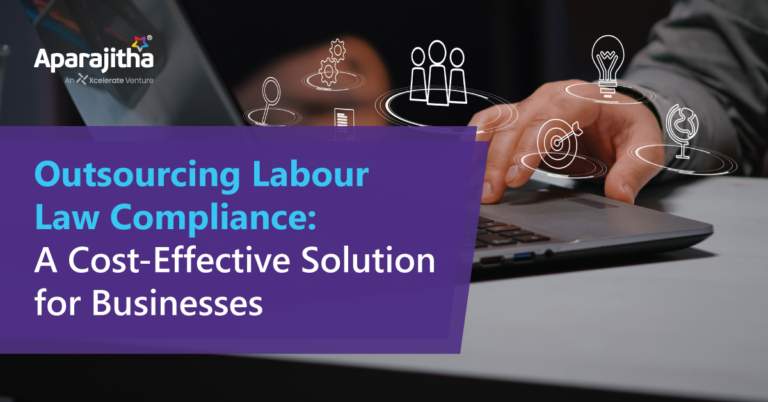Ensuring the genuineness of all the PF accounts held by an employee.
EPFO, in October 2014, introduced UAN which stands for Universal Account Number to be allotted to Individual Members (Employees). The UAN will act as an umbrella for the Multiple Member Ids allotted to an individual by different establishments. The idea is to link those Multiple Member Identification Numbers (Member Ids) under a single Universal Account Number.
How to get your Universal Account Number (UAN)??
In the EPF portal, the employee‘s personal details (KYC) including the Aadhaar details are fed and validated in the UDAI portal, and then the UAN is created.
Employers were advised to obtain the UAN number for pre-Oct ’2014 members as well and EPFO allotted all existing employees with UAN irrespective of their Aadhaar updation in KYC details.
From Jan’2017, EPFO made various drives to employers to update the Aadhaar details for the members who were allotted with UAN.
In the exercise, Aadhaar details seeding is done by the employer and the same to be verified by individual employees. There were mismatches between Aadhaar and members’ details in EPFO which are to be corrected by members.
The Aadhaar verification can be done by employees in the portal by uploading the relevant documents after logging in with the unique ID and password with the support of an OTP received to their registered mobile number.
EPFO’s big decision regarding Provident Fund
In the recent EPFO circular dated 01/06/2021, EPFO has made Aadhaar verification mandatory and else, remittances for those not verified cases cannot be made from 01/06/2021.
IWs( International Workers) are not impacted by this matter and their remittances are enabled.
After requests and appeals made by many employer forums to Labour Ministry, the relaxation of order was given for three months and this same order would take effect from 01/09/2021.
Now, by availing this last opportunity provided by EPFO, it is advised to comply with seeding and making employees verify their Aadhaar details before 01/09/202.
From 01/09/2021, the remittances cannot be made for employees whose seeding and verification are not done, which would have subsequent legal and financial consequences.
R.Gopalakrishnan
APARAJITHA CORPORATE SERVICES (P) LTD.
MADURAI
Disclaimer: “The article represents the opinions of the author and the author is solely responsible for the facts, cases and legal or otherwise reproduced in the article”

